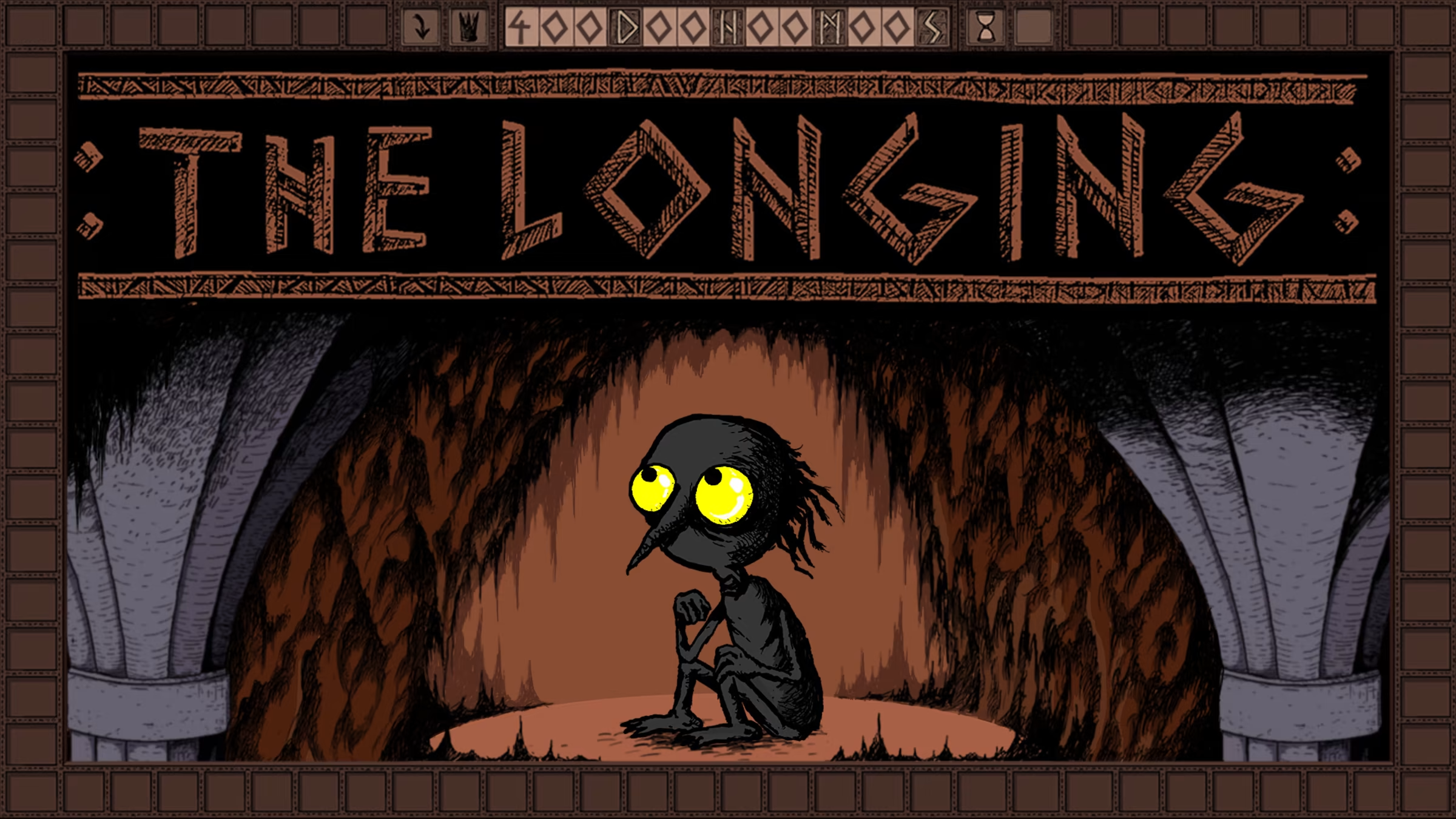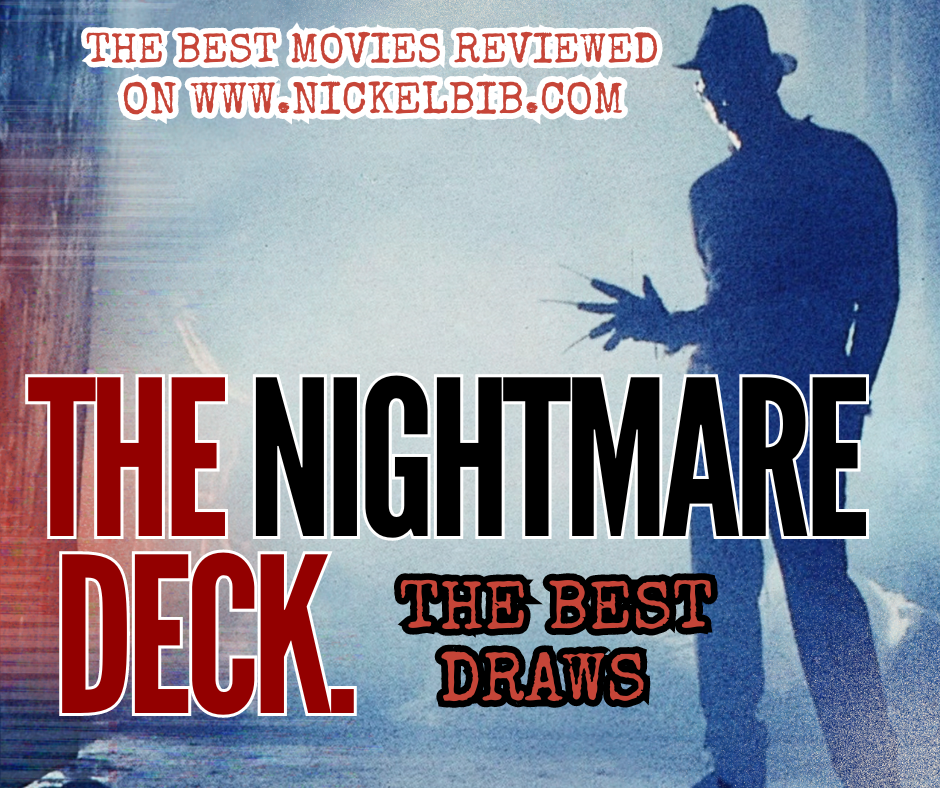Sometimes I think it can be difficult to be optimistic or enthusiastic about anything you have watched or embraced a lot of. This can happen for many different reasons, whether it is because of nostalgia or heightened expectation. Sometimes we covet things and put them on a pedestal, and I think that our cynicism for what’s new can sometimes cloud what is in-front of our eyes. With that said, the 10s were a wonderful decade for the horror genre!
As well, 2016 was a great year in its own right. Although January started with middling films like The Boy and The Forest, the month ended with the critically acclaimed film The Witch. Series’ received new installments like Purge: Election Year and the fantastic Conjuring 2, and Fede Alvarez was able to find newfound success with the well received film Don’t Breathe. Lights Out was another film that was well received in 2016 and, in some respects, feels like it has not been as widely remembered.
Lights Out is a supernatural horror film directed by David F. Sandberg in his directorial debut, and was produced by Lawrence Grey, James Wan, and Eric Heisserer with a screenplay written by Heisserer. Eric Heisserer’s credentials can be seen with the science-fiction film Arrival and the highly successful film Birdbox (and the Elm Street remake), whereas David F. Sandberg went onto direct Annabelle: Creation and the DC Extended Universes’ film Shazam. The film sees a cast comprised of Teresa Palmer, Gabriel Bateman, Billy Burke, and Maria Bello. It was based on Sandberg’s 2013 short film of the same name. The film received a generally positive response from critics and moviegoers, and made nearly 150 million worldwide (nearly as much as Don’t Breathe) from a budget of less than five million.
The story for Lights Out is deceptively simplified, although I think warrants a certain level of contemplation and consideration. Rebecca Wells has long been estranged from her mother, whose evident mental health issues have drove a wedge between them. However, when her younger brother Martin is caught in the cross hairs of her mother Sophie’s behavior, she inserts herself back into the situation. Little does she know, however, that Sophie’s unseen friend Diana is very real and very dangerous.
The characters in Lights Out are admirably portrayed, with Teresa Palmer providing a likable protagonist, and the characterization of an estranged family is captured well. Meanwhile, Gabriel Bateman portrays the younger brother scared out of his wits by his mother’s hidden friend. Maria Bello plays the mother who feels a little in denial of it all and a little like she has been unhinged, suggesting the toll the predicament has taken on her.
The story feels like it embeds numerous different metaphors inside itself and, although what is there or what appears to be there feels a little surface level, it is no doubt meatier than an average ghost story. The biggest apparent commentary is one on mental illness. At the core of it, Lights Out is, as said, a ghost story, but the parallels of depression and the behavior it can create (reclusive behavior, how it can control you, and keep you enshrouded in darkness) feel apparent. The way that depression follows you and is inherited – misery loves company, if you will. Maybe some of it isn’t intentional or maybe it was a happy accident. Maybe some of it is leftover strands from what Lights Out was and what it subsequently became in its development from short film to feature length. Regardless, the narrative is one that is open to interpretation and I like that about it.
The film’s scares and antagonist will likely feel familiar to a lot of moviegoers and, in that respect, I am not surprised Lights Out hasn’t left as large of an impression as some other (inferior) films have. It is a silhouette woman that lurks in the shadows and preys on her victims when they are vulnerable to it. I could list other films with a similar idea to them, but, the fact is, there is a lot of them.
I don’t think of that as a criticism in itself, but it is something to keep in mind about the film. Sometimes I like a good, old-fashioned horror film. Although the film’s backstory and character development elevates it – a lot of what we see is a lot of what we have seen in some shape or form. The film feels very much like an exercise in old tricks and established techniques, borrowing genre tropes and incorporating them. Thankfully, the execution is skillful and effective, with the director proving himself a real “student of the game,” so to speak, and when it is coupled in with some of its more unique and distinctive ideas, I think it has more than enough to earn its keep in the end.
I think the best way to describe the film is to say – Lights Out is solid. It doesn’t have enough oomph behind it to throw-down against the heavyweights, but it a formidable player in the mid-card horror scene. I would recommend it.





